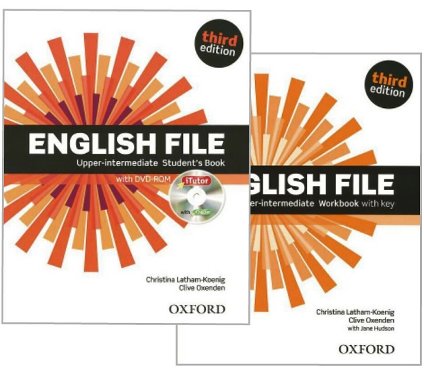600+ Confusing English Words Explained
When you’re learning English, you’ll encounter many words that are very similar.
For example:
- extend and expand
- distinct and distinctive
- notable and noticeable
- specially and especially
…and many more.
Although you might understand the general meaning, you’ll probably wonder:
- “What’s the real difference?”
- “When do I use this word and not that one?”
Then, when you speak, you tend to hesitate because you’re thinking… “Is this sentence correct… or am I making a mistake?” Maybe you even avoid using certain words because you’re not 100% sure that you’ll choose the right one.
To find out the difference between these confusing words, you could ask a friend or teacher… but they might have difficulty explaining it clearly.
You can check a dictionary… but when two words are very similar, the plain dictionary definition is often not very helpful.
You could also search for answers online… but this can leave you even more confused than when you started!
That's why the book 600+ Confusing English Words Explained can help you. It makes the differences between these words simple, clear, and easy to understand.
Not only will I teach you the “technical” differences between the confusing words – but I will also show you what kinds of situations each word is used in.
That’s why every entry in the book has multiple example sentences – because when you see these words in context, you’ll be able to understand exactly how to use them.
This book will help clear up your doubts, so you can speak and write in English with more confidence!
600+ Confusing English Words Explained is perfect for both intermediate students, who will learn some new words for the first time – and for more advanced students, who want to perfect their use of the English language by mastering the subtle differences between similar words.
The Link




Comments
Post a Comment